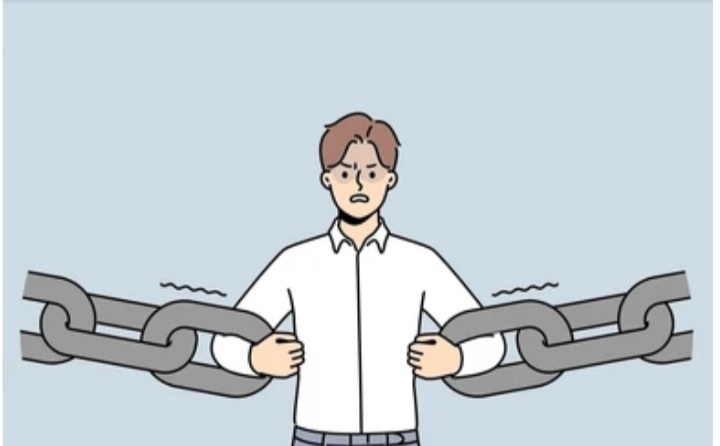It is very deficulty to save money when we struggle due to high expenses, lack of a structured budget, no emergency fund, lack of clearly defined goals, high credit card debt, or a large burden To overcome savings obstacles, focus on managing expenses. Positive long-term habits may increase savings success.
Sometimes you just cannot save any money because there is simply nothing left to save! That was me & my first job in a big city. I would always make sure the necessities like rent, which took up almost half my then monthly salary, & transport to work would be covered, while the rest went towards food, toiletries & the occasional piece of clothing – well, we still needed to be decently clothed for the office, no? For people in such a situation, it has nothing to do with discipline. If anything they’re even more disciplined because it’s necessary – you must wake up by a certain time to get to the bus stop by a certain time, regardless if there’s rain, hail or snow, to make sure you get to work on time. And, when you have that little money, you really have to make sure that you spend exactly according to budget coz the last thing you want is to have to borrow money & end up with debts. We count our self extremely blessed & we thankful that we have opportunities. It’s really hard when you’re so close to edge, the struggle is real.

Then, sometimes it’s not that they cannot save but they simply just don’t want to. That was too! After a while, people started earning decent money which easily covered all there necessary expenses. We had money that we could’ve saved but didn’t. Instead, partied & ate well coz,
My vision– hey, YOYO – you’re only young once! My circumstances was such that I had to start working & be responsible for myself at a very young age. I made a conscious decision to allow myself to have fun – no regrets! However, while I did not put money aside to what would be called savings per se, I did take which I categorized as a necessary expense. Also, being young is a time in your life that will pass. You’ll get older, priorities will change & so will your spending habits.. or at least it did for me.
Then, there are those who seem to cannot save because they’re too busy keeping up with the Joneses. OK, this one’s not me. Note that I’d mentioned “seem to cannot save” because in actual fact, they do. They will save up for what they desire, they’ll be focused & disciplined with their eyes firmly on the prize. The prize would usually be something showy, designer, expensive, frivolous or all of the above. And, all the money saved can easily be wiped out with a single purchase. So, it will be cycles of target, focus, save, buy, which can be great if the targets are for stuff with good value.
The ability to save money varies among individuals due to a combination of factors, including:
Income Levels: Higher income generally provides more disposable income after essential expenses, making it easier to save.
Expenses: People with high fixed costs (e.g., housing, healthcare) may find it challenging to save, especially if their income does not keep pace with these expenses.
Financial Literacy: Understanding budgeting, saving strategies, and investment options can significantly impact a person’s ability to save. Those lacking financial literacy may struggle to manage their money effectively.
Spending Habits: Some individuals may prioritize spending on non-essential items, while others may adopt frugal habits that allow them to save more.
Cultural Factors: Cultural attitudes towards saving and spending can influence behavior. In some cultures, saving is highly valued, while in others, consumption may be more emphasized.
Psychological Factors: Personal beliefs about money, such as a sense of security or fear of scarcity, can affect saving behavior. Emotional factors, including stress or anxiety about finances, may also play a role.
Debt Levels: Individuals burdened with high debt payments may find it difficult to save, as a significant portion of their income goes toward servicing debt.
Life Circumstances: Unexpected events such as job loss, medical emergencies, or family responsibilities can disrupt saving patterns and make it harder for some people to accumulate savings.
Access to Resources: Availability of financial products, services, and support systems can influence saving behaviors. Those with access to employer-sponsored retirement plans or financial advisors may be better equipped to save.
Overall, saving money is influenced by a complex interplay of economic, psychological, and social factors.


